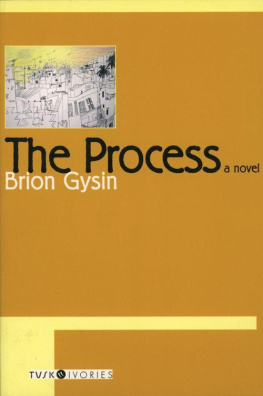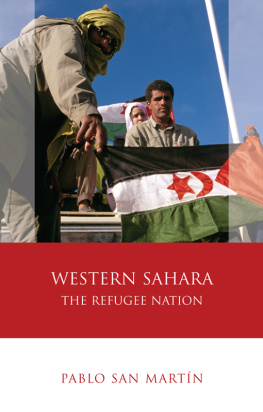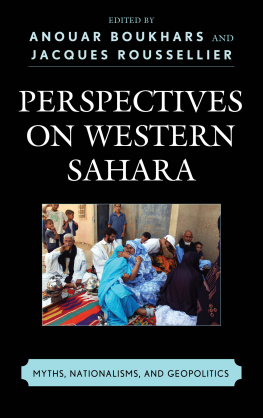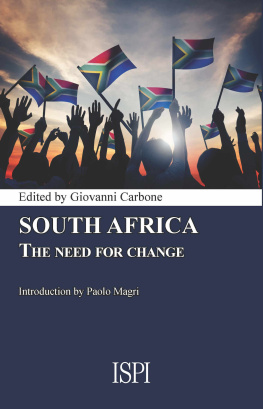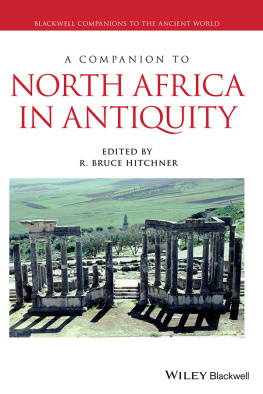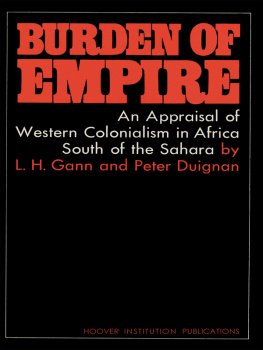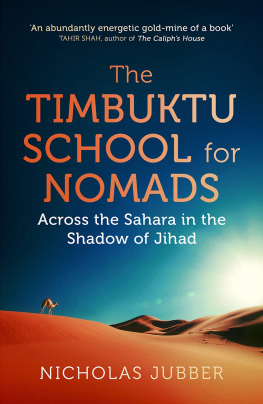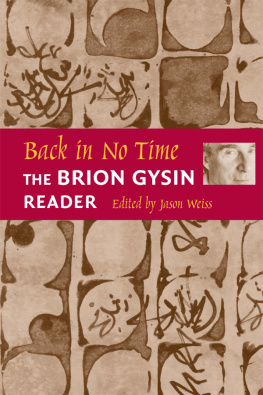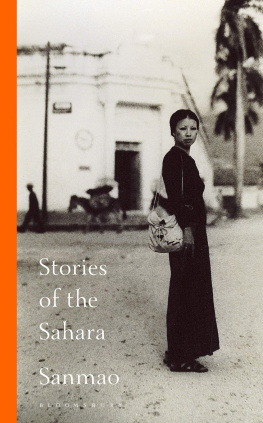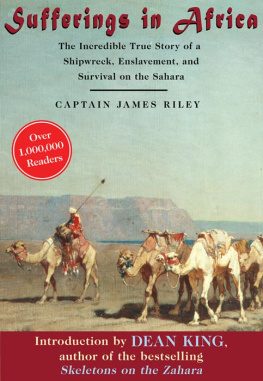Do grow beneath their shoulders.
by Robert Palmer
A philosophy that does not culminate in a metaphysic of ecstasy is vain speculation; a mystical experience that is not grounded on a sound philosophical education is in danger of degenerating and going astray.
Henry Corbin, Creative Imagination in the Sufism of Ibn rabi.
[T]he past remains present to the future the future is already present to the past, just as the notes of a musical phrase, though played successively, nevertheless persist all together in the present and thus form a phrase.
Ibid.
I understand that the late Henry Corbin was, in recent years, given access to books in Bombay belonging to the present Aga Khan, whose position as head of the Ismaili sect of Islam derives from his presumed descent from Mohammeds daughter Fatima through the last Old Man of the Mountain. Corbin and many others know infinitely more than I do about the Ismailis. I know next to nothing: read Marco Polo in my child-hood, became a hashishin in Greece at 19, read my Baudelaire, got syphilis like he did long before penicillin, smoked a lot in the Algerian Sahara and Morocco where I spent what is still more than a third of my lifetime. I did not become an Assassin.
Brion Gysin, Points of Order, in Here To Go: Planet R-101, Brion Gysin interviewed by Terry Wilson.
I rub out the word. I the Man from Nowhere negotiated like a Tangier Space Draft on a Swiss bank.
Brion Gysin, Minutes To Go
But, Hamid, I laughed, I am not an Assassin at all!
We are Assassins, all of us, he gravely replied.
The Process
The Process is a funny, picaresque, provocative magic carpet ride, a careening good read. Like its central character, a pot-smoking professor who has forsworn teaching in order to learn, it ranges widely, and travels light: No baggage. This is the way I came andInch Allah! (God willing)this is the way I shall return.
It may be of interest that the city of Tanja (Tangier), the village of Jajouka with its Master Musicians, the desert out-posts, the trance rituals of the dervish brotherhoods, and many of the characters of this novel are drawn directly from life. Though timeless in mood (or transtemporal, in the Corbin/Ismaili sense), the book is also time-specific to a sixties Gysin knew from the inside, the sixties defined by the good doctors Hoffman (inventor of LSD) and Fanon, who figure herein.
But as equipment for appreciating The Process, information like this is probably marginal. My suggestion is that you abandon this preface and read the book. By the time you have finished it and doubled back here, you will probably want to read the novel all again anyway. For as William Burroughs observed, You will find that it reads itself.
The Process comes bracketed between Shakespeares pledge to deliver a round, unvarnished tale and a thirteenth-century Persian mystics insistence that from the book alone, nothing emerges. The book is an entertainment, an education, and an enigma, and in this respect getting to know it can be a little like getting to know the author himself. He who seeks the mysteries and the realities, must seek out someone who knowswords quoted at the end of The Processand Gysins offer in Minutes To Go: If you want to disappear, come around for private lessons were all the encouragement I needed to seek him out in Tangier in the early seventies. The recent publication of The Process in America had generated little media attention; my admiring review in Rolling Stone had been a singular exception and was more than sufficient to get me in the door.
Before leaving New York, I had managed to hear tapes of Gysins beloved Pan music from the Moroccan village of Jajouka, recorded by Brian Jones of the Rolling Stones, when Gysin took him there. I was enthralled; Moroccan music, especially the music as psychic hygiene of the dervish brotherhoods, provided the common ground for my first encounters with Gysins adventuring spirit and formidable intelligence. Accidentally (as if there were any accidents, Brion would have said), I had begun at the beginning.
I never was much immersed truly into Islam. It was most particularly the music that interested me, Gysin told interviewer Terry Wilson. I went with Paul Bowles, who was a composer long before he was a writer, and had very, very extraordinary ears, and, uh, he taught me a lot of things. I owe him a tremendous amount, I owe him my years in Morocco really.
When I met him, Brion was in his mid-fifties. He lived in a European-style apartment building in Tangiers new town, in a balconied flat from which he feasted his painterly eye on the patterned light and shade of the citys whitewashed buildings, spread out across a series of low, gently rounded hills on the shore of the indigo blue Mediterranean. On a clear day, and most days were, he could examine through his powerful binoculars the pitted detail of the rock of Gibraltar, facing Tangier across the Pillars of Hercules.
Photographs of Brion as a youth reveal an almost arrogantly handsome young Adonis, the happy result of his mixed Celtic and Swiss genes. In his fifties he was still striking and trim, keeping in shape with the help of regular visits from a Moroccan master of exercise and massage. He went striding through Tangier as if he owned it, finding time for everyone from the expatriate crowd at Lily the Lion-tamers Parade bar to the budding Moroccan painters he enthusiastically and generously encouraged, from visiting hipsters to the Casbahs canniest con men to the monied exiles who surveyed Tangier from their elegant walled villas on the higher outlying hills. He even found a renegade European audio technician down by the port to make a patch cord linking our two Uher tape recorders, so that he was able to download onto my bagfull of blank tapes some of the hours of recordings of dervish ceremonies he had made over the years. While the reels turned, conversation flowed. At times, it raged.

